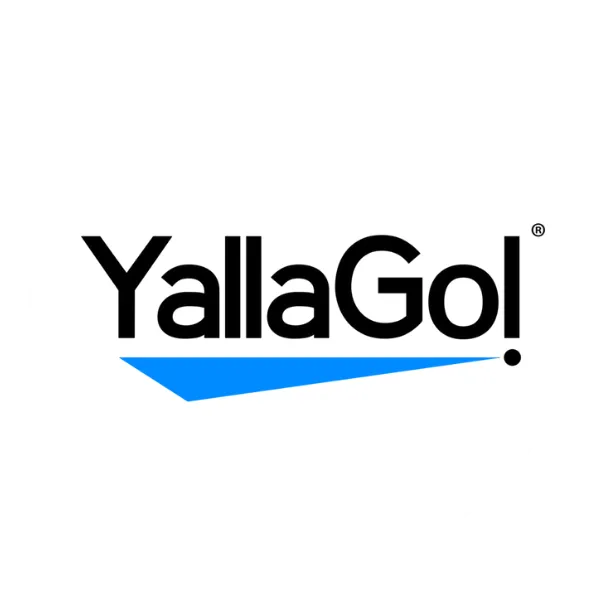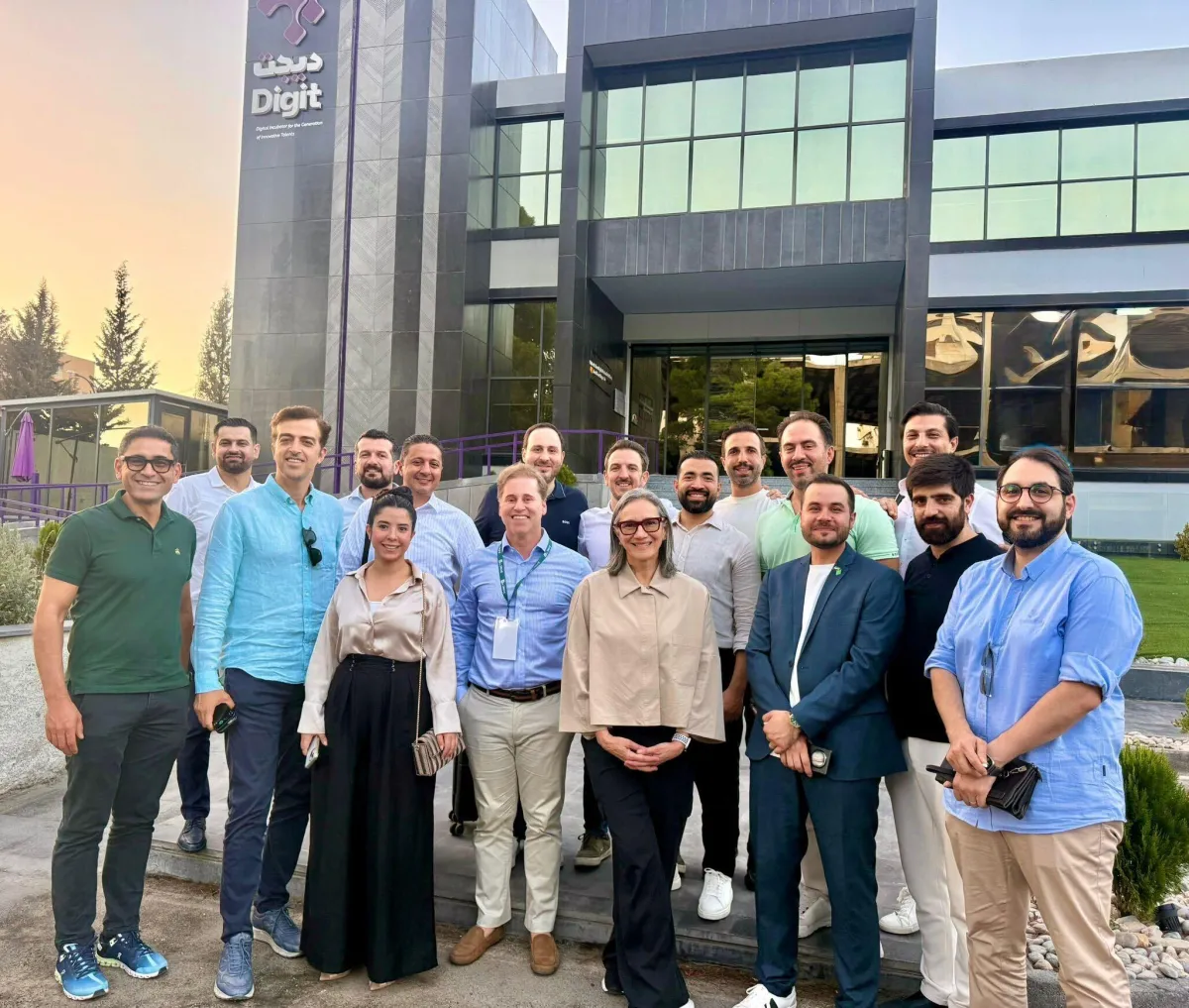Your Gateway to Growth in Syria’s Emerging Market
Lloyd & Mousilli helps startups and international companies navigate legal, IP, and business challenges with confidence.
Build. Protect. Scale.
Launching and scaling a startup in Syria requires more than vision and ambition. It demands legal strategies that protect your ideas, structure your company for growth, and anticipate cross-border challenges. At Lloyd & Mousilli, we specialize in guiding startups through every stage of the journey, from incorporation and investment to intellectual property protection and commercial transactions. With deep expertise in both U.S. and international markets, our team provides the practical, tech-savvy legal support you need to build with confidence.

Startup Legal Services
Incorporation
We can assist in drafting a founders agreement between business partners, deciding the best legal entity, and protecting your startup's intellectual property.
Fundraising
The ability to raise funds - whether from friends and family, angel investors, or venture capitalists - is critical to your startup's growth. We can help structure agreements for all types of investments.
Intellectual Property
Your startup's intellectual property is your most valuable asset - we can help you secure patents, trademarks, and copyrights to protect your innovations against competitors of all sizes.
Experienced Legal Counsel.
With decades of combined experienced in intellectual property and technology, transactional law, and more - we are your go-to business lawyers.

Feras Mousilli,
Managing Partner
Feras Mousilli is a founding partner of Lloyd & Mousilli and regularly advises business clients on a range of technology law issues. He specializes in counseling technology companies from start-ups in their early formation and development, through support of multi-billion dollar business operations of the largest companies in the world.

Hussein Al-Omari,
Patent Advisor
Dr. Hussein Al-Omari (aka: Hussein Al-Hussein) is a distinguished expert in information technology and artificial intelligence with extensive experience in both industry and academia. Throughout his career, Dr. Al-Omari has worked in various capacities in the fields of image processing, computer vision, computer algorithms, and artificial intelligence.
Latest Syrian Sanction Updates
From Isolation to Integration: Syria's Next Chapter
A legal whitepaper published for U.S. businesses and investors analyzing key changes to U.S. regulatory changes towards Syria.

Doing Business in Syria
Registering a Foreign Company
in Syria
Gain a clear understanding of the legal and procedural requirements for registering a foreign company in Syria by reading our recent article.

Syrian Sanction FAQs
On July 1, 2025, the United States officially terminated its Syria sanctions program under Executive Order 14312. This move not only marks a significant pivot in U.S. foreign policy but also unlocks broad commercial opportunities for American entities, albeit with important limitations still in place.
Can U.S. technology companies provide services and software to Syria directly?
Yes, but with caveats. Since the formal repeal of U.S. sanctions on July 1, 2025, OFAC no longer blocks U.S. technology firms from serving customers in Syria. However, exports of software and technology are still subject to the Export Administration Regulations (EAR). This means most controlled software, encryption, and technology transfers will continue to require a BIS license unless they are EAR99 or fall under a clear exception. Companies must also screen counterparties carefully to avoid dealings with individuals or entities that remain sanctioned under terrorism or proliferation authorities.
Can U.S. companies provide services and software to Syria directly?
Yes. General business and commercial services may now be provided without an OFAC license, as long as no sanctioned parties are involved. Export controls still apply if the services involve the transfer of U.S.-origin technology or controlled items.
Can U.S. companies hire Syrian nationals located in Syria?
Yes. U.S. companies may employ Syrian nationals in Syria and compensate them through the banking system. Payments to Syrian banks are no longer prohibited under OFAC rules, though financial institutions may still impose internal restrictions or enhanced due diligence. Employers should also assess “deemed export” risks: giving remote employees access to controlled source code or technical data may require a BIS license.
Can U.S Investors invest in Syrian startups and traditional companies?
Yes. U.S. persons may invest in Syrian companies across most sectors. The key restrictions are avoiding any counterparties on the Specially Designated Nationals (SDN) List or entities that are 50% or more owned by SDNs. Investors should also prepare for “snapback risk” in case sanctions are reimposed and build compliance protections into deal structures.
Can U.S. companies send or receive payments through Syrian Banks?
Yes. Transactions with Syrian banks, including the Central Bank of Syria, are now permitted following their delisting. That said, certain assets may remain frozen, and correspondent banks in the U.S. or EU may still delay or block transactions until their internal compliance policies are updated.
Are the Central Bank of Syria and major state-owned banks cleared for business?
Mostly yes. They have been removed from OFAC’s SDN List, but some restrictions remain under other sanctions programs. Companies must re-screen counterparties before every transaction and confirm with their banks that payments can be processed.
Do U.S. companies still need an OFAC license to pay vendors or employees in Syria?
No. Ordinary commercial payments no longer require an OFAC license. The main considerations are continued SDN screening and, if technology or equipment is part of the transaction, compliance with EAR licensing requirements.
Can U.S firms import Syrian petroleum products or engage in energy-sector deals?
Yes. The prior prohibitions on petroleum imports and energy-sector engagement have been lifted. U.S. firms can now trade Syrian petroleum and participate in infrastructure projects. However, exports of U.S.-origin drilling equipment, software, or technology to Syria remain tightly controlled under the EAR and may require a BIS license.
Can U.S firms bid on energy or infrastructure projects in Syria?
Yes, provided no sanctioned actors are involved. While OFAC restrictions have been removed, companies must plan for BIS licensing where controlled parts, software, or training are exported. Deal structures should also account for potential reversibility if sanctions snap back.
Can U.S. companies open bank accounts for Syrian companies or founders?
Legally yes, but in practice this will depend on each bank’s risk tolerance. Some U.S. and European financial institutions are already updating their compliance policies, while others may delay acceptance of Syrian-linked accounts pending further regulatory clarity. Enhanced due diligence will be standard.
Ready to Launch?
Get started with a free consultation with our team today.
Licensed in California, Florida, Louisiana, Massachusetts, New Hampshire, Texas, Washington, the District of Columbia, and before the USPTO.
© 2025 Lloyd & Mousilli. All rights reserved.












